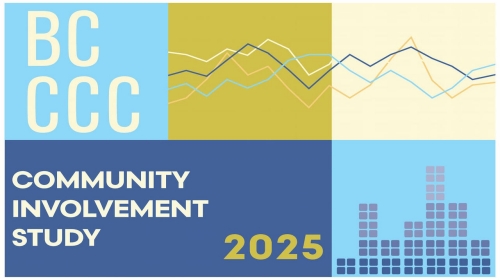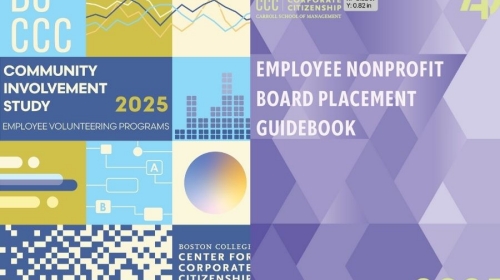WEBINAR: This webinar explores how to measure and communicate your organization's social impact with proven frameworks and strategies that matter to stakeholders.
Women in STEM: empowering the next generation

On this International Women’s Day, we are spotlighting the U.N. Sustainable Development Goal to promote gender equality—striving to end all forms of gender discrimination and promote the health, security, and well-being of all women around the world—with the story of how one company is promoting women in STEM fields (science, technology, engineering, and math).
While gender equality has seen much progress over the past few decades as girls and women have seen many advancements toward gender equality and opportunity, challenges still remain. Women continue to be underrepresented in executive leadership. Gender inequality in the workforce has only become more pronounced with the COVID-19 pandemic, as the disease has exacerbated many of the world’s existing inequalities. In the U.S., women have borne the brunt of jobs lost during the pandemic.
By giving women more opportunities exert power and influence in the workplace, companies will be better poised to help eliminate barriers that are often embedded into systems, and that impede attainment of career advancement. Here we look at Applied Materials, which is making deliberate strides to empower women and girls in its communities, workplaces, and beyond.
As a leader in technology, Applied Materials believes that diversity and inclusion are essential to building winning teams and driving innovation. Applied Materials is committed to building upon a culture that values diversity and inclusion, including gender diversity, as exemplified in Applied’s goal of increasing the representation of women in its U.S. workforce to 21% by 2021.
Recognizing the importance of supporting and cultivating future women leaders, in 2019, the Applied Materials Foundation launched Generation Girl, a three-pronged initiative that consists of philanthropic donations, nonprofit capacity building, and employee volunteerism.
Prior to the launch of the initiative, the Foundation worked with the National Girls Collaborative Project to produce a white paper to better understand the origins and scope of the underrepresentation of women in specific career types and fields of academic study. The report identified stereotypes and a lack of self-efficacy as key challenges, in addition to naming strategies and recommendations for progress—which became the foundation of Generation Girl.
“Society pressures [girls] to conform to gender stereotypes starting in childhood—from the activities they participate in, to the ways they dress or express themselves,” said Julie Lata, program manager for Global Community Affairs at Applied Materials. “Compound that with the fact that girls, especially those from marginalized communities, often do not have access to the resources they need to reach their potential, and the hurdles can feel insurmountable. We’re hoping to change that.”
The goal of the initiative is to increase girls’ empowerment, facilitate leadership development, and provide access to high-quality after-school enrichment programs, including science, technology, engineering, and math (STEM). Through Generation Girl, the Applied Materials Foundation has partnered with organizations across the United States that are focused on ensuring that all girls—regardless of background—have the tools, resources, and confidence to be successful in whatever field they choose.
“Generation Girl is guided by the belief that if we help girls break down barriers today, our workplaces will be more vibrant, equitable, and effective in the future,” said Lata.
Read more about Generation Girl in The Corporate Citizen
Related Content
RESEARCH BRIEF - Researchers investigated how ESG activities help or hurt financial performance, using nine years of data from over 1,200 global companies.
RESEARCH BRIEF - Researchers analyzed 4 US energy exchange-traded funds (ETFs) over 15 years, including 2 dirty energy funds tracking fossil fuel companies and 2 clean energy funds tracking renewable energy companies.
RESEARCH BRIEF - Researchers conducted a survey, which measured perceptions of CSR and ethical leadership within the manufacturing and service industries.
WEBINAR: This webinar explores how corporate giving will be reshaped by the One Big Beautiful Bill. Hear directly from corporate citizenship leaders as they share innovative, real-world strategies that deliver impact for communities and results for business.
This study explores shifting trends in employee volunteering, corporate giving, and other means of corporate community involvement.
This guidebook offers insights on placing employees in nonprofit board service roles.
This study explores shifting trends in employee volunteering, corporate giving, and other means of corporate community involvement.








